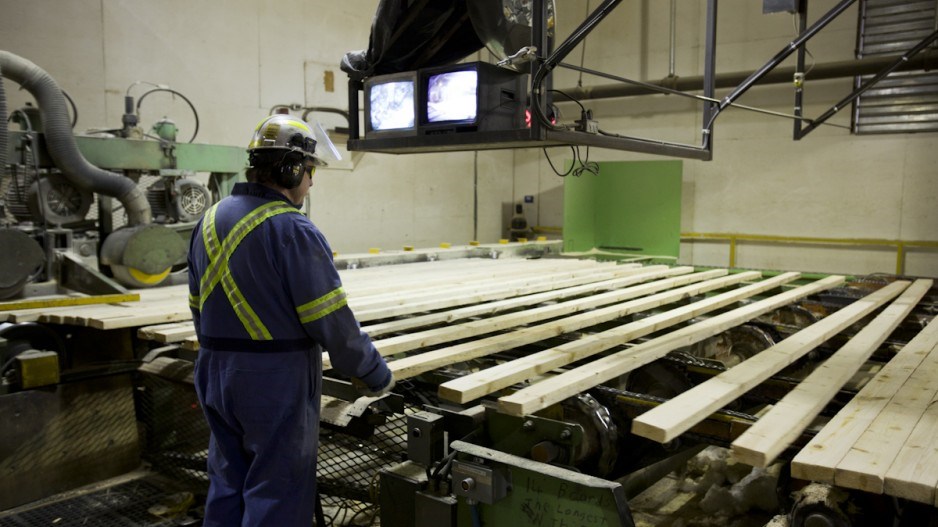American softwood lumber duties, which have already cost Canadian companies $10 billion, are going to double, following a ruling today by the U.S. Department of Commerce.
The U.S. Department of Commerce announced that anti-dumping and countervailing duties on Canadian softwood lumber products will rise from 7.99 per cent to 14.54 per cent.
“Enough is enough,” Andy Rielly, chairman of the Independent Wood Processors Association (IWPA) of BC, said in a press release.
“This dispute has gone on long enough: We call upon the Canadian government to find a negotiated solution and protect Canada’s small- and medium-sized family-owned businesses who are collateral damage in this dispute.”
"I am immensely disappointed with the U.S. Department of Commerce's decision to increase unfair and unwarranted softwood lumber duties,” said B.C. Forests Minister Bruce Ralston.
“The confirmation of this direction that was first tabled by the U.S. in February 2024 takes us in the wrong direction, hurting people who work in forestry and all British Columbians. Alongside the Government of Canada and our partners in the forestry sector, we will continue to fight unfair duties through every avenue.”
Whereas lumber produced in the U.S. comes mostly from privately owned woodlands, most timberlands in Canada are Crown owned. Americans view the Canadian Crown timber system as a form of subsidy, which is the primary argument for levying duties against Canadian lumber imports.
“This United States government ruling substantiates that Canada continues to subsidize and dump its softwood lumber products in the United States, distorting the U.S. softwood lumber market to the detriment of U.S. sawmills, their employees and communities,” the U.S. Lumber Coalition said in a press release welcoming the ruling.
According to the IWPA, the U.S. government has already collected $10 billion from Canadian lumber producers since the last softwood lumber agreement expired in 2017.




